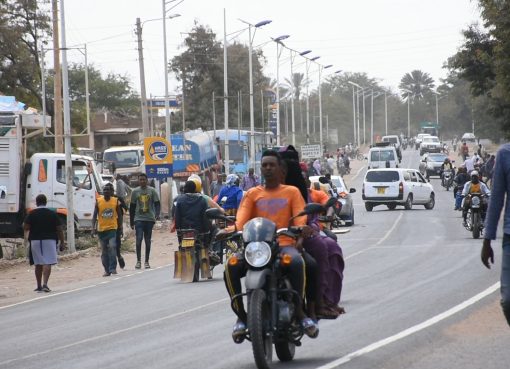Kenya will be hosting the 2019 Inter- African Coffee Association (IACO) meeting next week to discuss strategies to enhance production, value addition and intra trade within the continent.
The 59th IACO Annual General Meeting (AGM) that has attracted over 400 global coffee value chain players will discuss on new ways to tame climate change and its effect on coffee production and quality and how to increase coffee consumption in African coffee producing countries.
In a media round table breakfast ahead of the conference today at a Nairobi hotel, Principal Secretary State Department of Crops and Agricultural Research Hamadi Boga said the Government has in the recent past instituted key reforms with a view to boosting production and income to the small holder farmers.
“In the last four years Government has made big strides in terms of reforming the coffee industry in order to restore its lost glory,” he added.
Reforms, he noted are being fast tracked with a target to restructure the collapsing cooperative systems, marketing and enhancing value addition and how to encourage young people into coffee farming.
Kenya’s production, Prof. Boga said decreased from 130,000 metric tonnes in 1987/88 crop year to between 40,000 metric tonnes and 50,000 metric tonnes currently.
IACO secretary Fred Kawuma explained that Africa coffee productivity has decreased to 10.5 per cent from a high of 30 per cent in 1970s and 1980s.
He noted that the average yields are mostly poor and declining, ranging from 100kg to 800kg per hectare and coffee production in the continent has been seriously undermined by continued reliance on outdated and often unproductive coffee varieties in the face of widespread prevalence of pests and diseases, as well as changing climate.
He added that All African coffee producing countries, except Ethiopia and Uganda have exhibited negative production growth.
“Average annual production was over 20 million 60 kilogrammes bags in 1970s, compared to 15 million 60kgs bags currently. Today, the total output of Africa represents 10.5 percent of world production compared to 30 per cent in 1970,” said Dr. Kawuma
The Meeting, Dr. Kawuma said, will deliberate on the Continental Free Trade Area (CFTA) as well as issues surrounding growth.
Production systems in most African countries have significantly deteriorated and cooperative organisations have collapsed.
Smallholder farmers lack the entrepreneurial skills, while at the same time the primary cooperatives lack the entrepreneurial leadership and governance to drive the transformation of their business engagements.
The bulk of farmers engaged in coffee production, and value chain addition is made up of old men aged 65 years and above who are predominantly the face of the industry, with the exclusion of women and young people,” Dr Kawuma stated
The coffee industry in Kenya is noted for its cooperative system of production and processing. About 60 to 70 percent of Kenyan coffee is produced by small scale holders. The total area under coffee is estimated at 160,000 hectares, about one third of which is the plantation sector and the rests under small holder sector with an estimated 700,000 growers.
By Wangari Ndirangu


